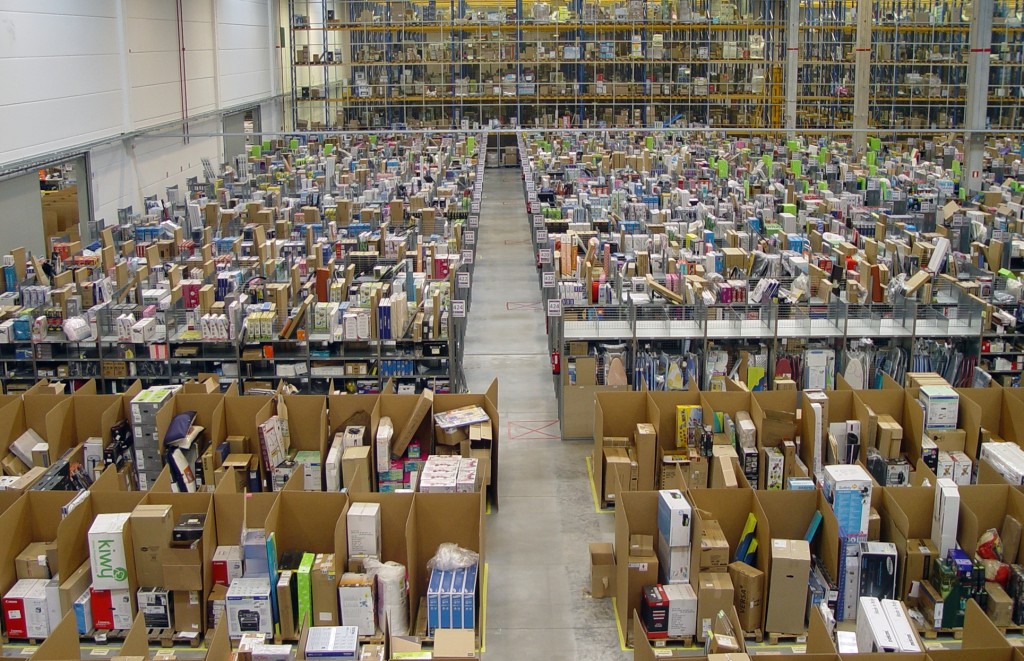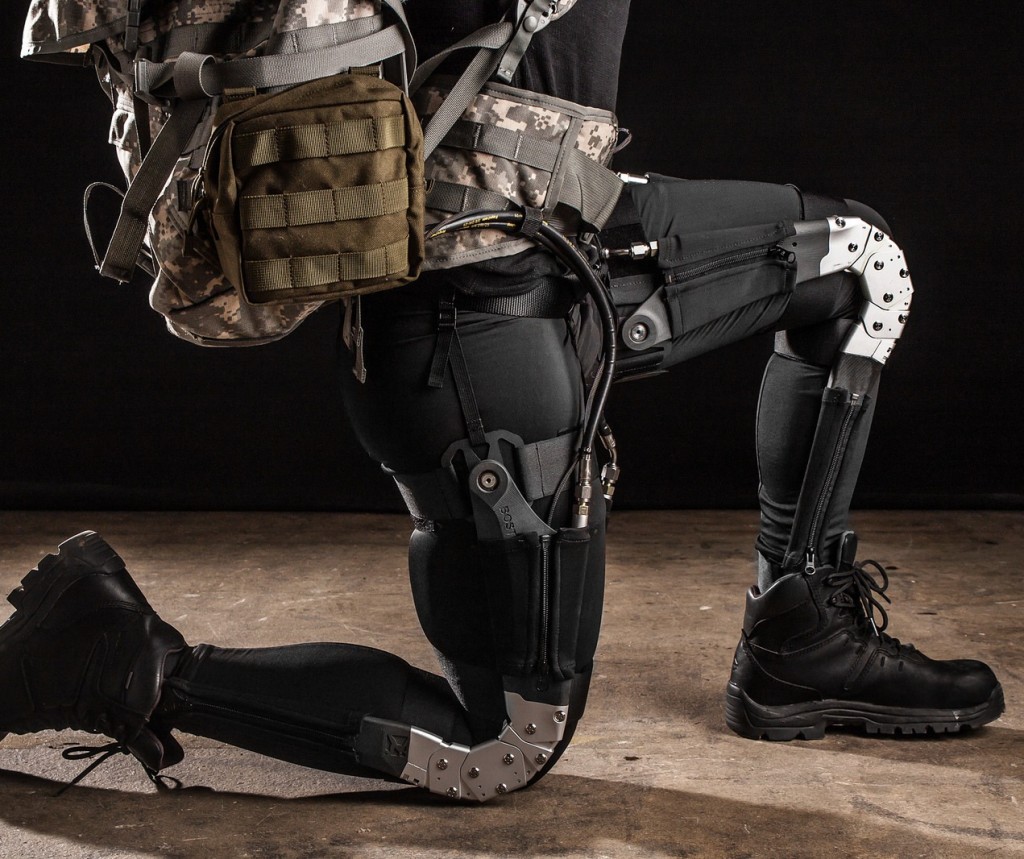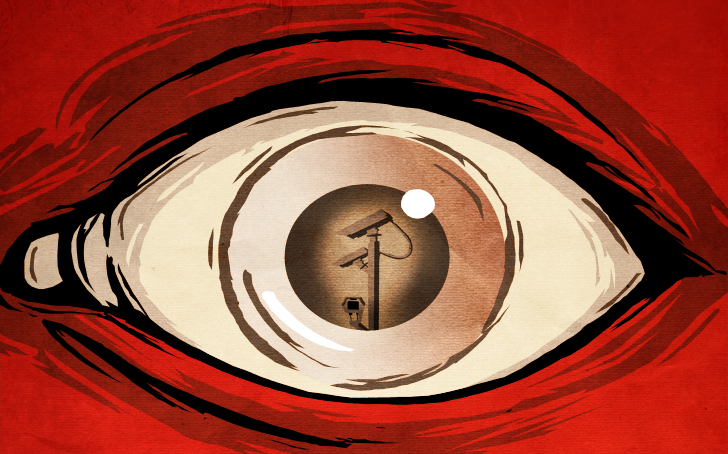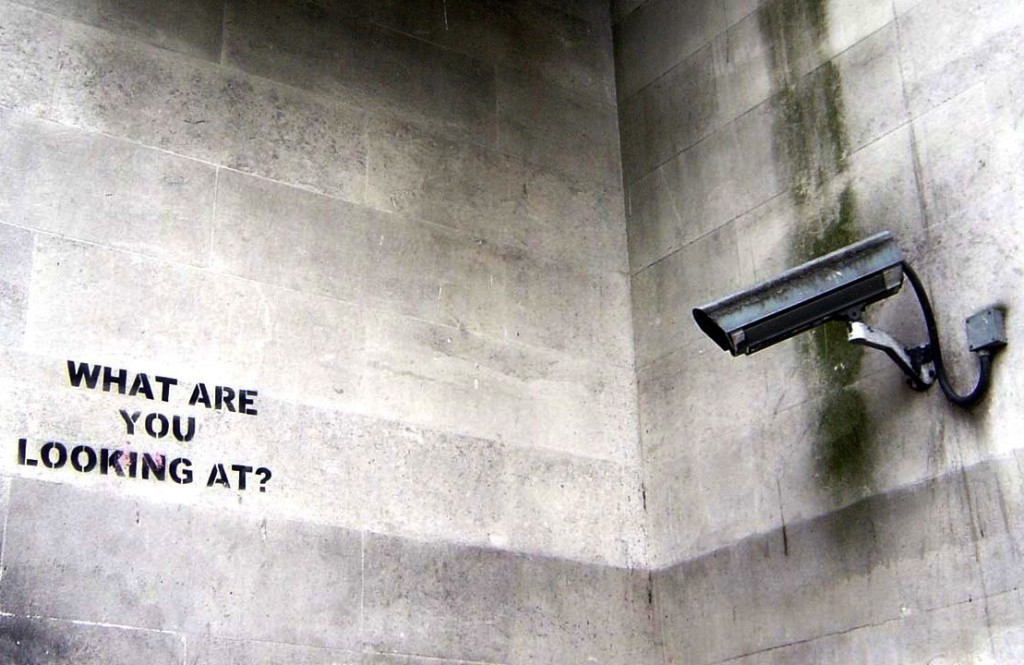Have you noticed #brands in your feed, invited or not? Of course you have. Social media and email marketing are powerful channels for anyone selling a product to reach potential customers. The goal is to usher people toward the gaping maw of a sales funnel. Granted, at the moment ecommerce accounts for less than ten percent of retail sales, but the numbers are higher when it comes to apparel. A tenth may not seem like much, but the market-share is steadily growing.

National or international brands have the resources and know-how to use digital sales channels with utmost savvy (notwithstanding marketers’ cringeworthy affinity for youth culture). Can smaller businesses keep up? It’s more difficult to coax a customer into your brick-and-mortar shop than it is to get them to click a link. Even when small businesses are based online, lacking economies of scale means that they can’t offer the tempting perks and discounts that big brands do. Keeping everything on sale, all the time, eats into your margins.
The proprietor of a now-closed outdoorsy retailer in Wisconsin, who prefers not to be identified by name or city, doesn’t see big brands “supporting the little guy”. In an email she explained, “Certain brands keep separate inventories for their retailers versus their online business […]. It is hard to explain to a customer that you can’t get an item, when they can go to the brand’s website and buy it direct. The brands generally offer free shipping and many times 15%-off coupon deals just for sharing their email.”
She observed, “Customers are being trained to only buy with a deal or incentive.” On the phone, this former store-owner described a man who went into a local sporting goods shop to examine the products, while as the same time searching for the best deals on his smartphone. “He had absolutely no qualms about that,” she told me. Instead of buying from the store whose inventory he was touching and evaluating, he bought from Amazon or a similar retail aggregator, in order to save a couple of dollars.

From the customer’s point of view, shopping online for the best possible deal makes complete sense. Most won’t even bother to take advantage of testing a local store’s physical goods. Why wouldn’t you purchase the same thing cheaper without even having to leave your home? Everyone knows Amazon is a cutthroat company willing to crush competitors of all sizes, but that doesn’t stop people from shopping there, and it never will. If you can pay less to buy a parka online, and have it delivered to your doorstep, the alternative must be very attractive to entice you to do otherwise.
In 2013, technology analyst Ben Thompson wrote, “With the loss of friction,” meaning hassles and barriers to action, “there is necessarily the loss of everything built on friction, including value, privacy, and livelihoods. […] The Internet is pulling out the foundations of nearly every institution and social more that our society is built upon.”
Thompson continued, “Count me with those who believe the Internet is on par with the industrial revolution, the full impact of which stretched over centuries. And it wasn’t all good. Like today, the industrial revolution included a period of time that saw many lose their jobs and a massive surge in inequality. It also lifted millions of others out of sustenance farming.” It’s not all good, but it’s not all bad either. However, when you’re a family business-owner who is being “disrupted”, it’s almost entirely bad.

The analogy doesn’t work in every respect, but mostly this is the current state of affairs: Traditional retailers are horse-drawn carriages compared to steam-powered trains, or traditional taxis compared to Uber. Because of the internet, anyone can easily set up the infrastructure to sell directly to end users. Adjust your value proposition and differentiate or die, because the market doesn’t care about your ability to put food on the table.
This is the hard truth retailers have to confront: If you can’t compete on price or convenience you have to compete on quality, but it’s impossible to compete on quality when you’re selling the exact same product that people can easily buy online for less money. All you’re left with is the experience, the feelings you can evoke and the values you extol, urging customers to “shop local” and, as the anonymous Wisconsin store-owner said, “support the little guy”. She suggested staging events and collaborating with other local businesses, all boosting the community together. Her store used to host yoga classes run by a local instructor. Then Lululemon moved in down the street and also hosted yoga classes — free ones.

This is all very grim. Does the internet revolution mean that retailers based in physical stores should give up hope entirely? Of course not. It means that you have to be intentional about your business strategy, and understand the ways in which you can and cannot compete. It means you have to double down when it comes to reaching the customers who you can actually serve, to whom you can offer a benefit that is meaningful to them.
Understand that shopping in person instead of defaulting to the cheapest, highest-rated item on Amazon is now a luxury. Craft a rewarding experience, whether rustic or glossy, for the customers who show up in person.
Written in early June, 2015. Languished in my Google Drive until now.










